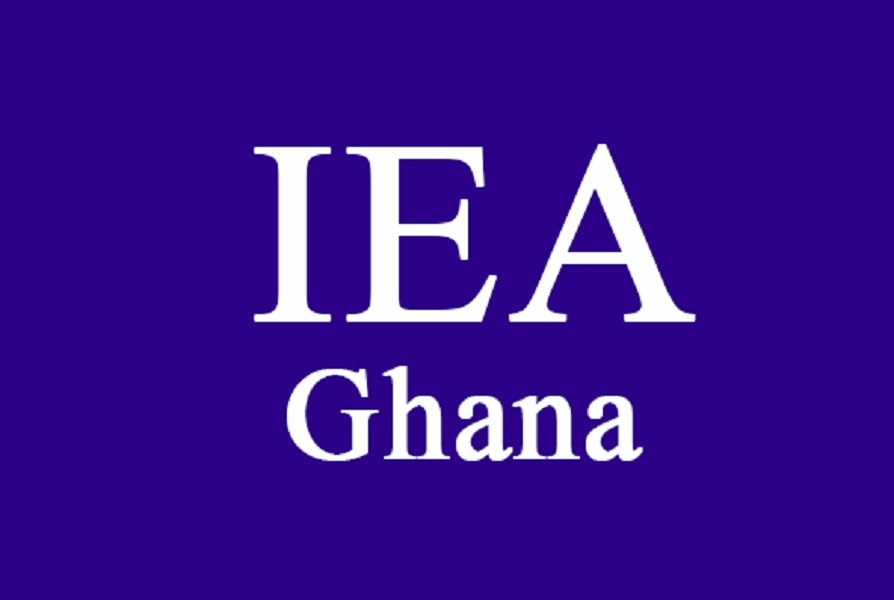The Institute of Economic Affairs (IEA) is calling for a budget that specifies a comprehensive plan to address the huge legacy debt in the energy sector while returning the sector to financial sustainability.
In its bi-monthly Economic Outlook, the economic think tank stated that the budget should also include measures to ensure stable and less costly power to enhance the competitiveness of the economy.
Additionally, the IEA emphasized the need for a budget that acknowledges the lack of fiscal space to support economic development due to limited government revenue.
“While taking steps to increase tax revenue, it is also important to recognize the potential of the natural resource sector to contribute to development. Tapping this potential will require changes to the natural resource fiscal regimes to increase Ghanaian ownership and benefits,” the report noted.
It further stressed that priority should be given to local value addition to natural resource products to maximize revenue from the sector.
The 2025 Budget is expected to align with the Economic Credit Facility (ECF) programme by the International Monetary Fund (IMF).
Specifically, the IEA stated that the ECF’s fiscal consolidation stance is expected to be followed to sustain macroeconomic stabilization efforts.
In this regard, it noted that the overall fiscal deficit is appropriately set to decline further to -2.7% from the projected -3.5% in 2024, while the primary surplus will increase to 1.5% from 0.5%.
“The tight fiscal stance is in line with the debt sustainability trajectory envisaged under the programme,” the IEA pointed out.
The think tank added that staying on this path is necessary to avoid another painful debt restructuring and to foster investor confidence in the economy.
E-levy, COVID tax, and betting tax to be scrapped
In line with the government’s pre-election promise, several taxes are expected to be abolished, including the E-levy, COVID tax, emissions tax, and betting tax.
The IEA indicated that scrapping these taxes will ease the financial burden on households and businesses. However, it highlighted that the resulting revenue shortfall is expected to be offset by reinforced efforts to close tax loopholes, broaden the tax base, and strengthen tax administration, among other measures.
Source: Myjoyonline

